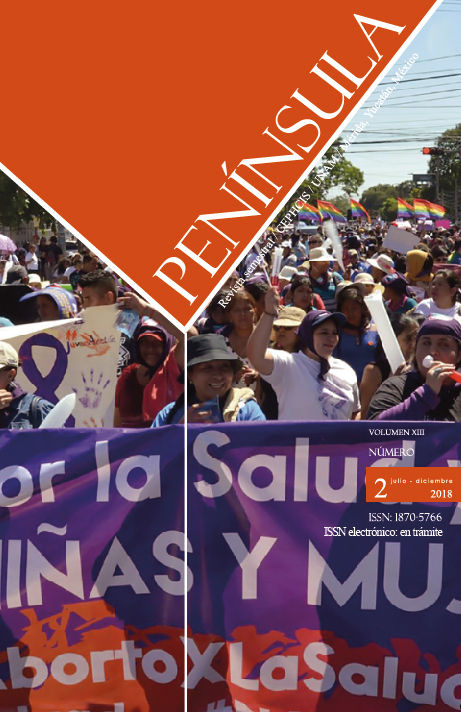Crisis and Military State Formation in Guatemala (1954-1974). Political Participation of Three Social-Christian Militants
Main Article Content
Abstract
Historical narratives about the military dictatorships that surged in many Latin American countries after the missile crisis between the U.S. and the Soviet Union (1962), have stressed the big picture of the state reorganization that followed. The approach on the Guatemalan case (1963-1985) follows this line, but with crucial lacunas unstudied, especially an analysis of the working classes that allowed the military state to reorganize without much opposition (1954-1970). Using the political trajectories of three social-christian militants, and an approach from the daily formation of the State theory, this document details how social-christian organizations, with their anticommunist ideas, were the initial support of the growing right wing. The military State provoked tensions that pushed these militants to radicalize and eventually choose an armed solution for change.
Downloads
Download data is not yet available.
Article Details
How to Cite
Véliz Estrada, R. (2018). Crisis and Military State Formation in Guatemala (1954-1974). Political Participation of Three Social-Christian Militants. Península, 13(2). https://doi.org/10.22201/cephcis.25942743e.2018.13.2.65399
Citas en Dimensions Service
Universidad Nacional Autónoma de México (UNAM), todos los derechos reservados 2013-2013.
